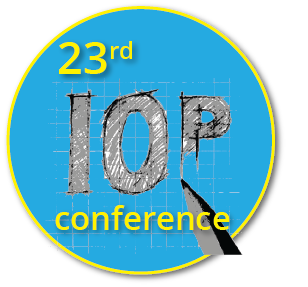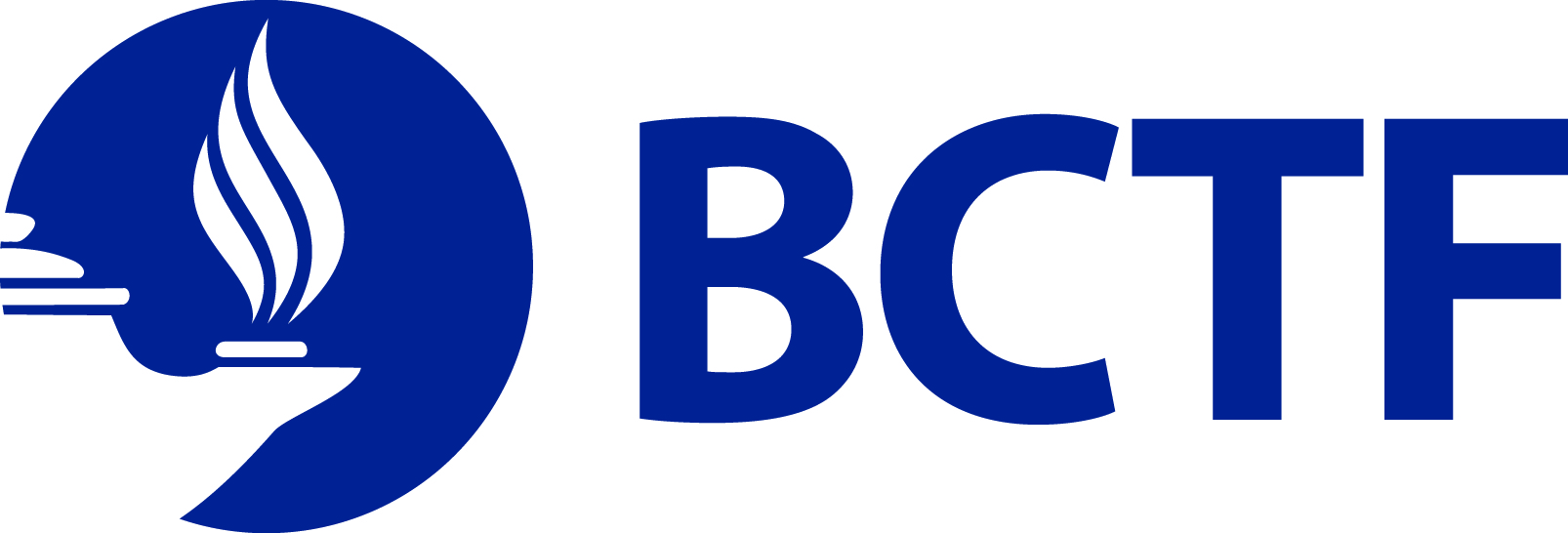Supporting children’ s egocentric speech in kindergarten and primary classrooms: a Vygotskian approach
Presentation by: Mariel Gomez
Session F | 11:50 – 12:10 | Room 204
Abstract:
The purpose of this presentation is to discuss the role of egocentric speech in child development and explore the different ways in which it can be promoted in the classroom by kindergarten and primary teachers.
Egocentric speech was first theorized by Jean Piaget and defined as the talk that the child has with herself without the purpose of communicating with others. This talking—which is a monologue—can occur in the presence of other children involved in the same kind of activity, or in solitary activity when the child is trying to solve a problem. After studying Piaget’s theory and conducting his own studies, Vygotsky considered egocentric speech as a paramount phenomenon in the psychological development of the child. However, compared to Piaget’s, Vygotsky provided very different explanations for the role and fate of egocentric speech.
During the first part of the presentation egocentric speech will be defined and explained taking into account the differences between Piaget’s and Vygotsky’s theory. Emphasis will be given on the origination and evolution of egocentric speech over childhood, as well as its impact on the development of higher psychological functions. The second part of the presentation will be focused in introducing specific suggestions to support egocentric speech in the classroom, drawing from the educational research conducted by Bodrova and Leong, the creators of the “”Tools of the Mind”” program. These suggestions will be used as a starting point to elicit a discussion informed by the audience’s experiences, examples, questions, and insights regarding egocentric speech, its role in child development and learning, and effective ways to foster it in the classroom.

